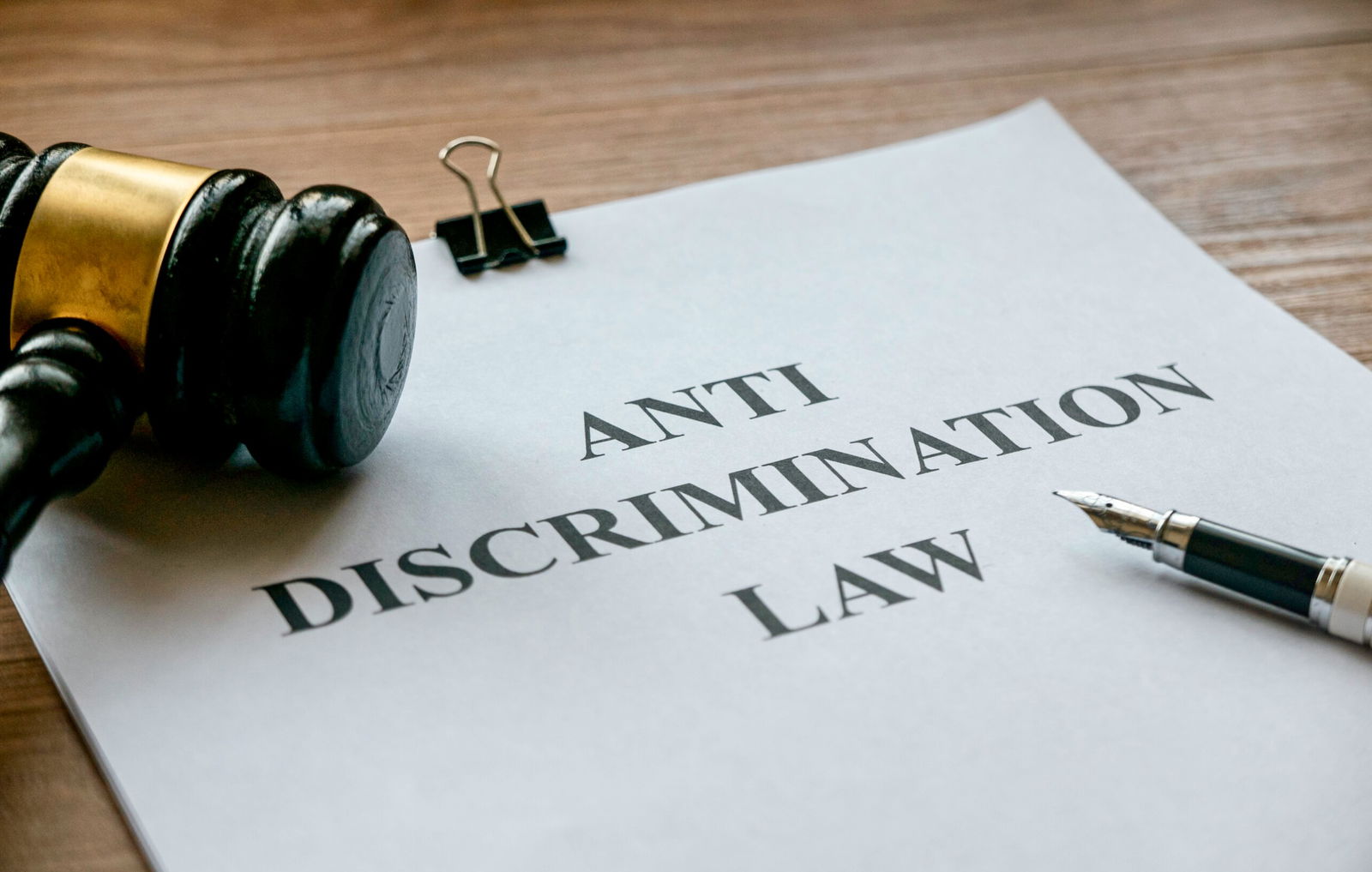
October 29, 2025
The jury found that National Grid denied the two workers ‘reasonable accommodations,’ violating the Americans with Disabilities Act.
A Brooklyn federal jury has ordered National Grid to pay approximately $3.1 million to two former dispatchers after they were requests to work from home were denied.
The ex-employees, Luciano Russo and George Messiha, argued that their productivity increased while working from home during the height of the COVID-19 pandemic. But in June 2022, National Grid ended its home-based schedules for New Yorkers.
Russo suffers from severe back problems and diabetes. Messiha underwent hip surgery and is reliant on a cane, the New York Post reported.
The verdict, handed down Oct. 10 in U.S. District Court, found the utility company violated the Americans with Disabilities Act (ADA) as well as New York City and state human-rights laws. The verdict affirmed the company violated the law when it refused Russo and Messiha remote-work accommodations.
The jury awarded Russo $1.56 million and Messiha $1.55 million, including roughly $1 million in punitive damages each.
Their lawyer, Arthur Schwartz, who also serves as general counsel for the Center for Independence of the Disabled in New York, gave a warning to other employers.
“Employers, mainly large ones, do view disabled workers as a group seeking privilege, just like [National Grid’s] lawyer said,” Schwartz told reporters. “They better look at this verdict and think twice.”
Swiss energy utility National Grid said it “strongly disagrees with the verdict” and plans to “pursue the matter further to ensure a just result for our customers that maintains the safety of our operations.”
The ruling may set a precedent by recognizing remote work as a possible reasonable accommodation under the ADA when job performance remains steady or improves. Employment-law firms noted that although many employers presume in-person presence is essential to business operations, companies must consider individualized assessments and metrics. Companies should also provide justifiable reasons when denying accommodations.
RELATED CONTENT: Walmart Says No To Emotional Support Alligator; Pennsylvania Pastor’s Gator Days Are Over


